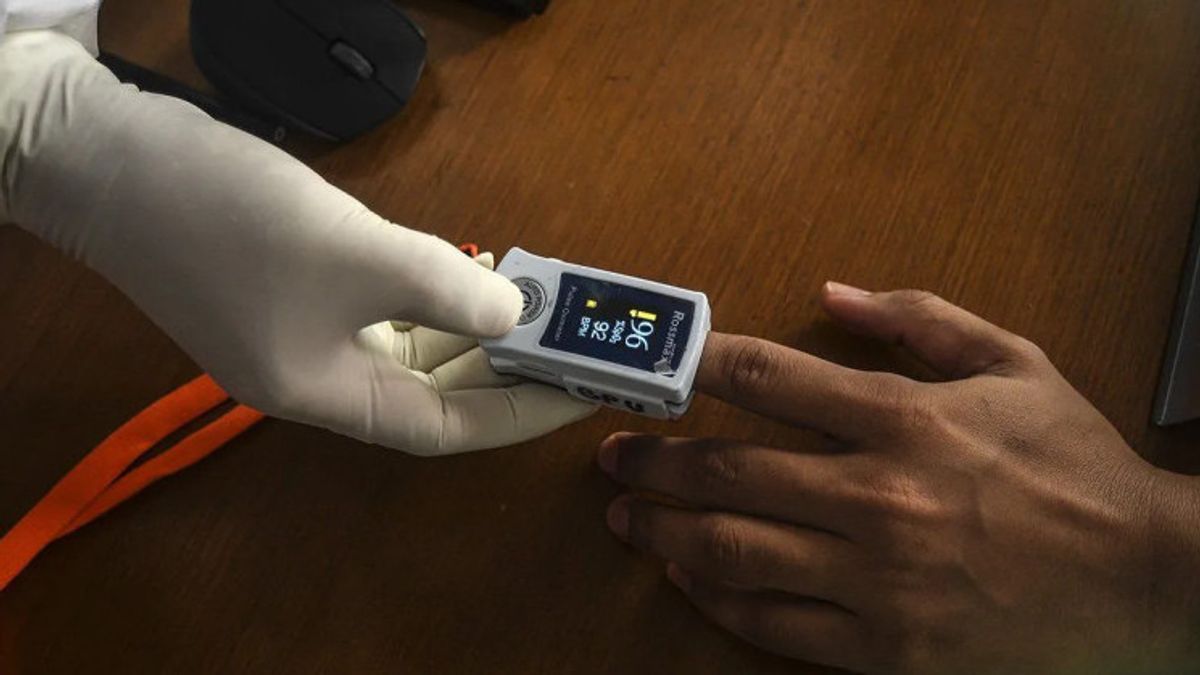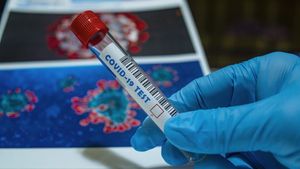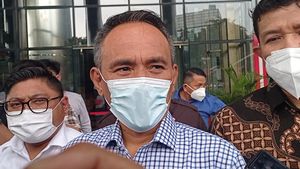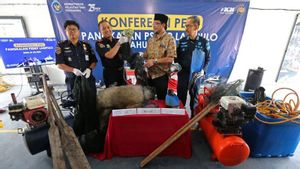JAKARTA - Director of Prevention and Control of Infectious Diseases at the Ministry of Health (Kemenkes) Imran Pambudi said the increase in cases of COVID-19 variant JN.1 is still under control considering that not many patients require intensive care or ICU.
"The number of people being treated in the ICU is still not large, people who are sick currently still don't need an ICU, because to see how dangerous COVID-19 is we look at three aspects, starting with the number of cases, the number of people who need to be hospitalized, and the number of people who need "I'm going to the ICU," said Imran as reported by ANTARA, Tuesday, December 19.
Even so, Imran emphasized that the government is still implementing mitigation to anticipate a spike in cases due to JN.1.
"Indeed, it's the end of the year, so we have to mitigate it because usually the end of the year increases. Apart from that, delivery companies will also close, we have told the hospitals that they have to prepare oxygen and medicines, we have done that, so that if there is a spike, we won't be confused," he said.
Imran also said that until now there has been no new mutation of the COVID-19 virus, because the JN.1 variant is actually a strain (derivative) of the Omicron variant.
He emphasized that the Ministry of Health will continue to synergize with local governments to provide security at tourist attractions to guard against a spike in cases, because the number of visitors will definitely increase during the Christmas and New Year holidays.
"The potential (increase in COVID-19 cases) is definitely there because people are mobile, yes, tourist attractions are also full, but what is maintained is that we continue to monitor whether there are new cases with new strains other than Omicron, we always monitor the ICU occupancy rate," "How many people need serious treatment? If there is still enough available in the hospital, it means it is still under control," he said.
SEE ALSO:
The Ministry of Health, he continued, has also made a circular to regional governments to ensure that health facilities (faskes) are ready in terms of medicines, health workers and logistics.
"The Directorate General of Health Services (Dirjen Yankes) has also paid attention, conveying to the health facilities that logistics and health workers will be prepared by the end of this year," he said.
The public is advised to continue implementing health protocols such as wearing masks, washing hands properly, and reducing non-essential mobility.
Apart from that, for those who have not received a booster vaccine, they should immediately go to the nearest health facility to be vaccinated.
The English, Chinese, Japanese, Arabic, and French versions are automatically generated by the AI. So there may still be inaccuracies in translating, please always see Indonesian as our main language. (system supported by DigitalSiber.id)


















